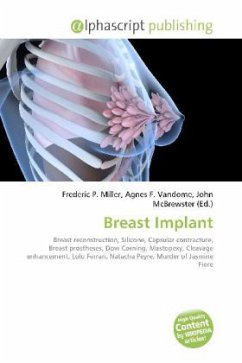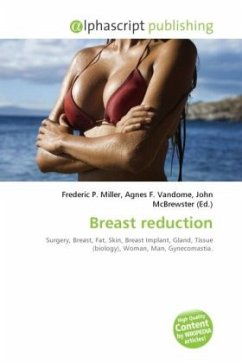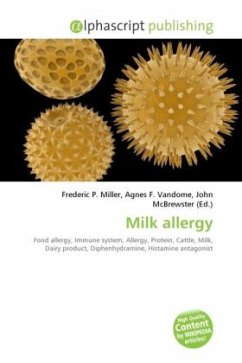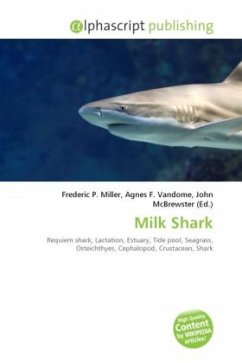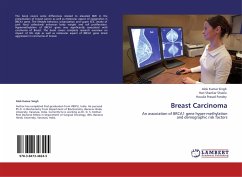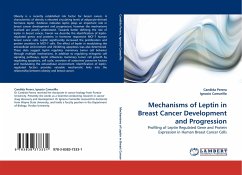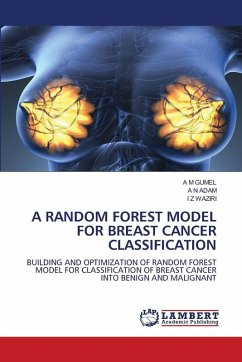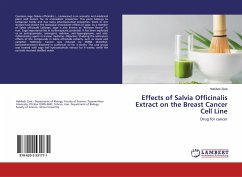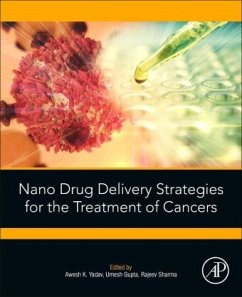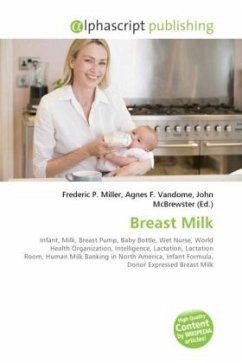
Breast Milk
Versandkostenfrei!
Versandfertig in 6-10 Tagen
26,99 €
inkl. MwSt.

PAYBACK Punkte
13 °P sammeln!
Human breast milk refers to the milk produced by a mother to feed her baby. It provides the primary source of nutrition for newborns before they are able to eat and digest other foods; older infants and toddlers may continue to be breastfed. The baby nursing from its own mother is the most ordinary way of obtaining breastmilk, but the milk can be pumped and then fed by baby bottle, cup and/or spoon, supplementation drip system, and nasogastric tube. Breastmilk can be supplied by a woman other than the baby's mother; either via donated pumped milk (for example from a milk bank), or when a woman...
Human breast milk refers to the milk produced by a mother to feed her baby. It provides the primary source of nutrition for newborns before they are able to eat and digest other foods; older infants and toddlers may continue to be breastfed. The baby nursing from its own mother is the most ordinary way of obtaining breastmilk, but the milk can be pumped and then fed by baby bottle, cup and/or spoon, supplementation drip system, and nasogastric tube. Breastmilk can be supplied by a woman other than the baby's mother; either via donated pumped milk (for example from a milk bank), or when a woman nurses a child other than her own at her breast - this is known as wetnursing. The World Health Organization recommends exclusive breastfeeding for the first six months of life, with solids gradually being introduced around this age when signs of readiness are shown. Supplemented breastfeeding is recommended until at least age two, as long as mother and child wish.



